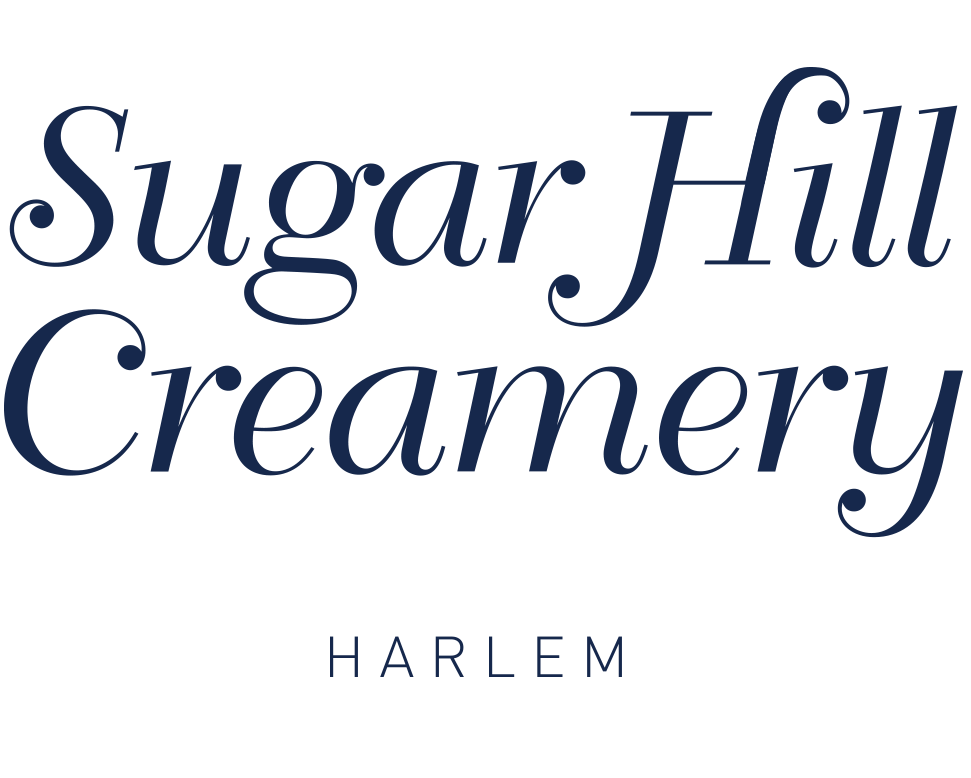Meet Susan
Living in Harlem most of her life, Susan describes her story “...as a kind of freedom. I loved to ride my bike as a kid… I used to hangout in this neighborhood… then ride to other parts of the city [and] Harlem. Riverside Park was another hangout spot near my home. I spent a lot of time there even being really young. I think about the parents these days who kind of really hover over the kids even though I think the 70s were in some ways far more dangerous, we had a lot more freedom. We came upstairs to either get warmth if we were sledding in the winter or to get money for the ice cream truck. We just wanted to be out for hours…”
With fond memories, Riverside is still one of her favorite places. This was especially true during the pandemic, “...One thing I did was make sure I had a very heavy coat ‘cause I wanted to be able to walk and go by the river. I think it’s a blessing to live by the water… And you can’t not enjoy sort of meandering through Central Harlem, even with the changes which are very frustrating,” she chuckles. “I like finding Black owned spaces, [like the] cafe on 144th and Amsterdam… and people watching, that’s the best thing.”
“I loved to ride my bike as a kid… I used to hangout in this neighborhood… then ride to other parts of the city [and] Harlem. Riverside Park was another hangout spot near my home. I spent a lot of time there even being really young.”
She has been able to find community in a number of ways throughout her life. “I think it changes as you get older. As a kid some of it is school based… [then] as a teenager, hanging out here... you know teenagers wasting time, doing teenage things. But then I co-directed a youth organization called The Brotherhood Sister Sol, that’s on 143rd street between Broadway and Hamilton. That really drew in a lot of young people from around the community like geographically speaking and beyond. The folks I was working with there were really trying to create a space where young people could just walk in and sigh, you know, like their home. But also be edified in terms of the things that we were teaching, justice, issues around social justice, Pan-Africanism.”
Through this work Susan has contributed to creating a sense of community for others and providing roots for youth in Harlem, which is invaluable.


